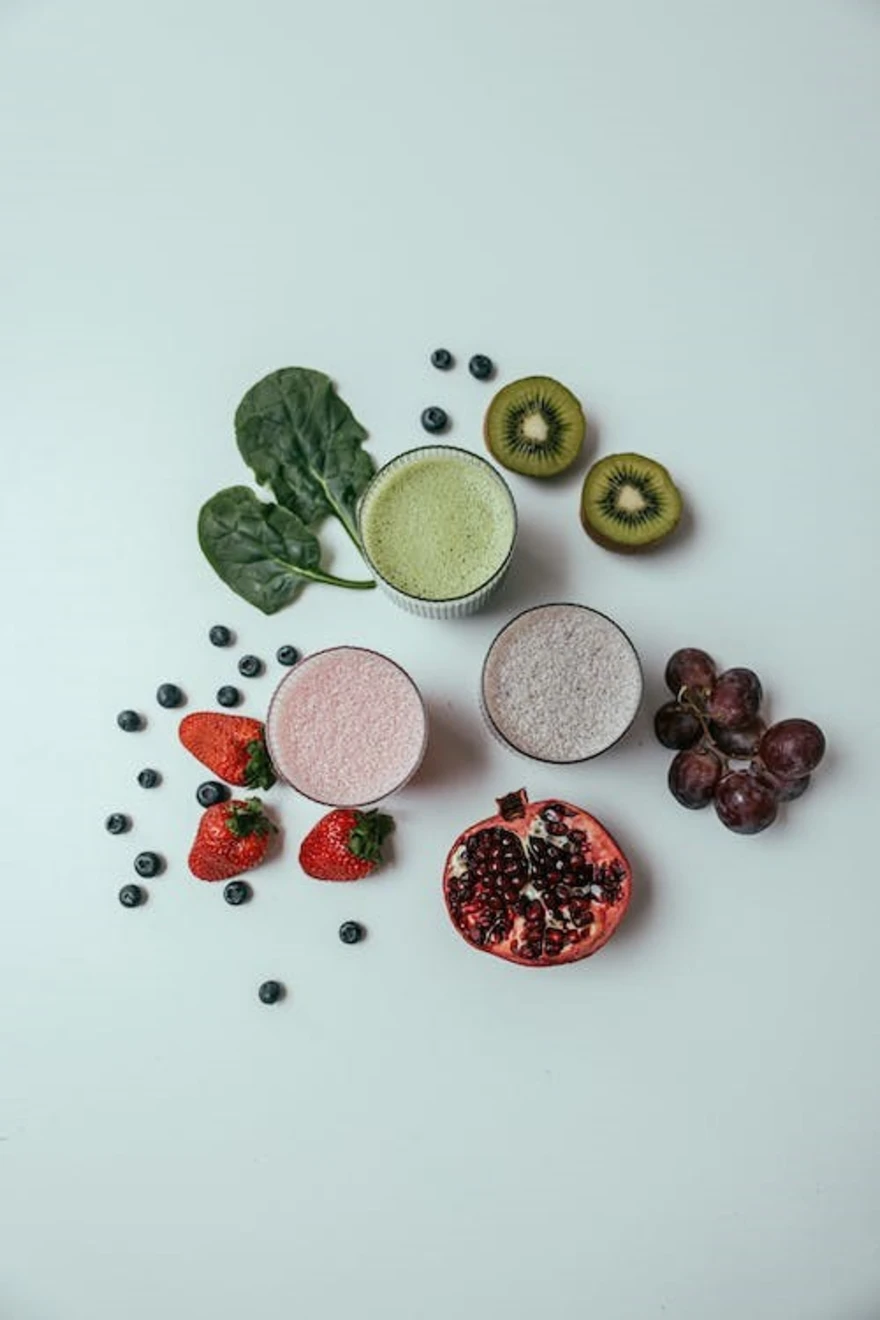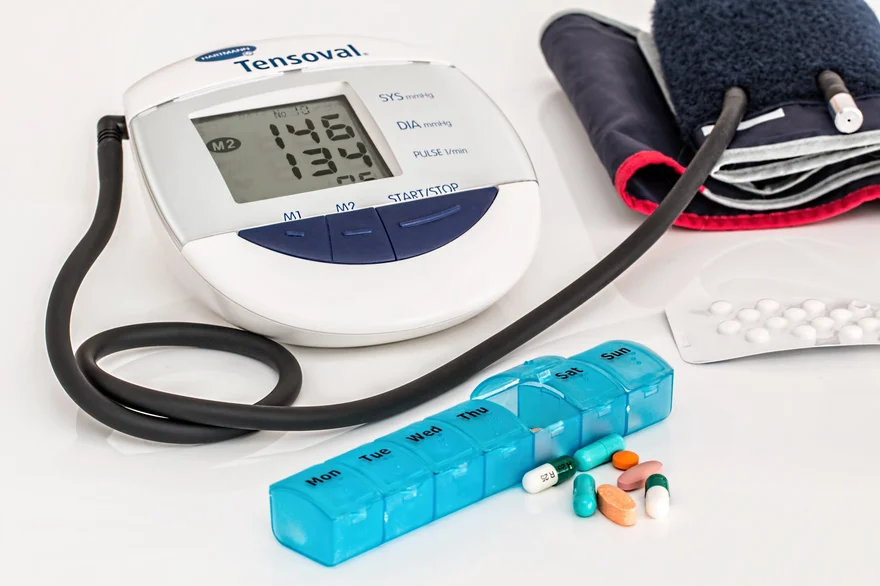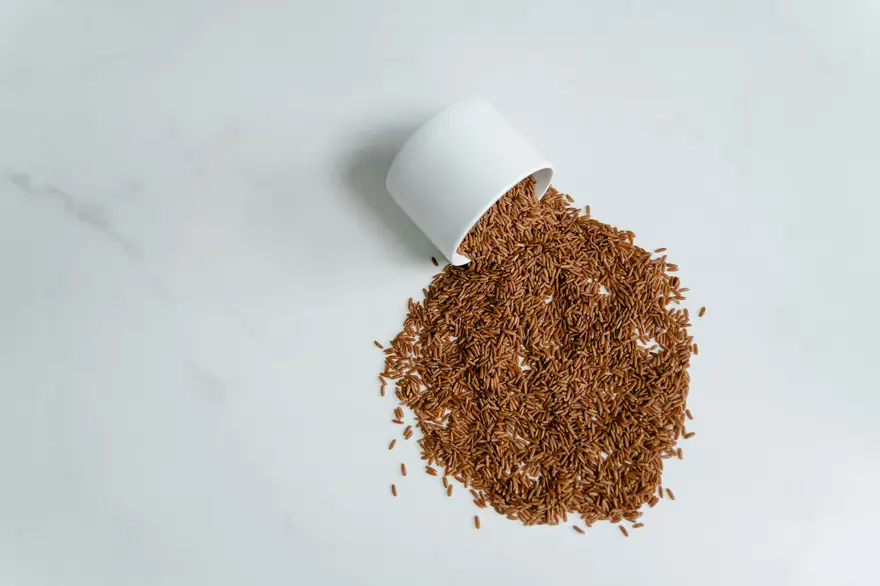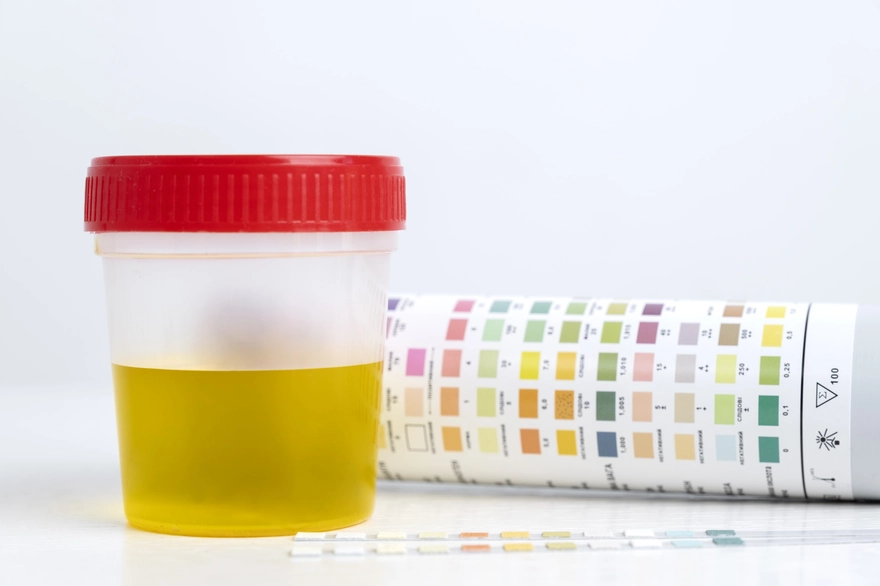Preventive Healthcare
Natural Ways to Increase Platelet Count: Foods & Tips
150331 Views
0

Are you looking to increase your platelet count naturally? If so, uncover the potential of platelet-boosting foods and how they can improve overall health. Whether you are dealing with low platelet count or seeking ways to raise platelet levels during dengue, this read is valuable. So, let us delve into the article to know the answer to how to increase your platelet count and about foods that increase your platelet count!
What is a Low Platelet Count?
Platelets are crucial blood cells that aid blood clotting to prevent excessive bleeding. An average adult contains 150,000—450,000 platelets per microliter (μl) of blood. A platelet count of less than 150,000 platelets per microlitre qualifies as lower than normal. The medical term for low platelet count is Thrombocytopenia.
It may be caused by underlying health conditions such as - infections, anaemia or autoimmune diseases. It can also be a side effect of medication. If the platelet count is dangerously low, there is a high chance of internal bleeding. In such cases, immediate hospitalisation is necessary.
How to Increase Platelet Count?
You can naturally increase platelet count in mild cases by consuming certain foods. But if you are looking for an answer to how to increase platelet count instantly, it is worth noting that there are no shortcuts. It requires time and effort. After all, platelet production and regulation within the body is a complex physiological process that cannot be manipulated or accelerated at will.
However, introducing dietary changes is the first step towards increasing platelet count. So, by incorporating vegetables into your diet, you can optimise your health and ensure you get the nutrients necessary for a thriving body. Several foods boost platelet count. Some of them are -
-
Papaya Leaf Extract
Scientific studies suggest papaya leaf extracts can help increase platelet count. Moreover, if you are also searching for how to increase platelet count in dengue fever, papaya leaf extract often finds use as a home remedy in dengue cases. You can prepare papaya leaf extract in the form of juice.
For those who prefer convenience or may not have access to fresh papaya leaves, there are also readily available options in the market, such as pills containing concentrated papaya leaf extract. Make sure to consult a doctor before taking them.
-
Green Leafy Vegetables
Green leafy vegetables have long been hailed as nutritional powerhouses when promoting optimal health. They are some of the best foods to increase platelet count. Packed with various vitamins and minerals, they offer many advantages for our overall well-being.
Green leafy vegetables like kale, spinach, and asparagus are essential for increasing platelet count thanks to their rich folate acid content. Folate acid plays a vital role in addressing low platelet count by supporting the body's cell division process, ultimately aiding in increasing platelet levels.
-
Animal-based Food Diet
Vitamin- B12 is necessary for boosting the health of red blood cells and maintaining overall well-being. The lack of Vitamin B-12 is sometimes linked to lower platelet cell count. Beef, beef liver, eggs and fish contain Vitamin B-12, and other food may be used to increase platelet count.
-
Pomegranate
Pomegranate seeds are rich in antioxidants, making them one of the essential foods that boost platelets. This fruit has various health benefits. It reduces inflammation and muscle damage, improves blood circulation and helps boost immune health in general. So, include fresh pomegranate juice to boost your immune system.
-
Berries
Raspberries, Goji Berries, Blackberries, Blueberries, and Strawberries are packed with antioxidants, making them excellent fruits to increase platelets. According to a clinical study, the moderate consumption of berries positively affects platelet count and HDL (commonly known as "good cholesterol"). This is attributed to the high content of polyphenols in berries, which enhance platelet production.
-
Kiwi
The Kiwi fruit is abundant in vitamin C, supporting platelet production and improving function. Hence, Kiwi may qualify as food that boosts platelets. Laden with essential nutrients like potassium, vitamin K, and E, it notably enhances overall well-being. Kiwi is also rich in antioxidants that act as a shield, guarding against platelet and blood cell degradation, thereby prolonging the lifespan in the bloodstream.
-
Carrots and Beetroots
These vegetables are packed with antioxidants, vitamins, and minerals, offer numerous health benefits and are some of the best foods to increase platelets. One notable nutrient found in these vegetables is folate, which supports the production of healthy blood cells, including platelets. Additionally, their antioxidant properties also help protect cells from damage.
-
Pumpkin
Pumpkin is an incredible food that boosts platelets due to its high vitamin A content. This essential nutrient stimulates the production of platelets in the bone marrow.
If you are pregnant and seeking methods on how to increase platelet count, it is advisable to consult your doctor before incorporating these nourishing foods into your diet. You can accordingly support the body's platelet production and ensure a healthy pregnancy.
Nutrients That Can Increase Platelet Count
Here is a specific list of nutrients and their food sources that help increase platelet count. You can incorporate it into your daily diet. These essential nutrients give your body the necessary building blocks for optimal health and functioning. Here are some examples of critical nutrients and their food sources:
Vitamin A
- Sweet potatoes
- Carrots
- Spinach
- Kale
- Butternut squash
- Mangoes
- Apricots
- Eggs
Vitamin C
- Citrus fruits (oranges, lemons, grapefruits)
- Strawberries
- Kiwi
- Bell peppers (especially red and green)
- Tomatoes
- Broccoli
- Brussels sprouts
Vitamin D
- Fatty fish (salmon, mackerel, tuna)
- Fortified plant-based milk (soy, almond, or oat milk)
- Beef liver
- Egg yolks
Vitamin K
- Leafy greens (kale, spinach, collard greens)
- Broccoli
- Brussels sprouts
- Cabbage
- Green peas
- Asparagus
Vitamin B-12
- Meat (beef, pork, lamb)
- Poultry (chicken, turkey)
- Fish (salmon, tuna, trout)
- Eggs
- Fortified plant-based products (some cereals, nutritional yeast)
Folate Acid
- Leafy greens (spinach, kale, collard greens)
- Legumes (lentils, chickpeas, black beans)
- Fortified grains and cereals
- Avocado
- Citrus fruits (oranges, grapefruits)
- Beets
Iron
- Red meat (beef, pork, lamb)
- Poultry (chicken, turkey)
- Fish (especially shellfish like clams and mussels)
- Legumes (lentils, beans, chickpeas)
- Tofu
- Spinach
- Pumpkin seeds
- Quinoa
If you have dietary restrictions and are wondering how to increase platelet count, medicines are also available in the market. However, it is crucial to note that supplements should not substitute a balanced and varied diet. Prioritise a diet rich in foods that boost platelets, i.e., it has essential vitamins and minerals to support overall health. Consult a healthcare professional for personalised guidance if you have any dietary restrictions or health concerns.
FAQs
1. Which food must one avoid while trying to increase platelet count?
Saturated fat, found in dairy, fried, and processed foods, promotes inflammation and disrupts platelet production, potentially compromising overall health. Hence, it is crucial to monitor and moderate your consumption. Opting for healthier alternatives, such as lean proteins, fruits, vegetables, and whole grains, can help maintain a balanced diet and promote overall well-being.
2. What happens if my platelet count does not increase naturally?
If dietary changes or home remedies do not help increase platelet count, consult a healthcare professional for thorough evaluation and appropriate treatment. Ignoring persistent low platelet levels can lead to an increased risk of internal bleeding and other complications.
3. How dangerous is a low platelet count?
A low platelet count below 50,000 qualifies as low, while less than 20,000 is critically low. In such cases, there is an increased risk of excessive internal bleeding and difficulty in stopping it, leading to severe complications. Immediate medical attention is crucial to identify the underlying cause and initiate the appropriate treatment to prevent severe health risks.
4. What are the symptoms of low platelet count?
In cases where the platelet count is significantly low, several tell-tale signs may manifest. These symptoms can include bleeding from the gums and nose, prolonged bleeding from wounds, a general sense of malaise, and the presence of blood in urine and stools, indicating a severe medical condition. Therefore, consult a medical professional immediately if these symptoms appear.
5. How is low platelet count diagnosed?
Diagnosing a low platelet count involves conducting a blood test known as a Complete Blood Count (CBC). The CBC test, which healthcare professionals commonly use, enables them to quantify the number of platelets in the bloodstream. This test also assists in identifying abnormalities and potential underlying causes for the low count.
Conclusion
Maintaining an optimal platelet count is essential for overall health. For those looking to increase platelet count or looking for an answer to how can I increase my platelets in 2 days, prioritising a well-balanced diet and adequate hydration is the key. While lifestyle choices play a significant role, in severe cases, medications may be prescribed. Get your platelets checked with an at-home collection service by Metropolis Healthcare, a leading pathology partner. With a team of qualified technicians and senior pathologists, get quick access to your blood reports for accurate results on the Metropolis TruHealth app. Known for delivering excellence, Metropolis Healthcare is your trusted partner for advanced diagnostics, offering health services with care and commitment.























 WhatsApp
WhatsApp